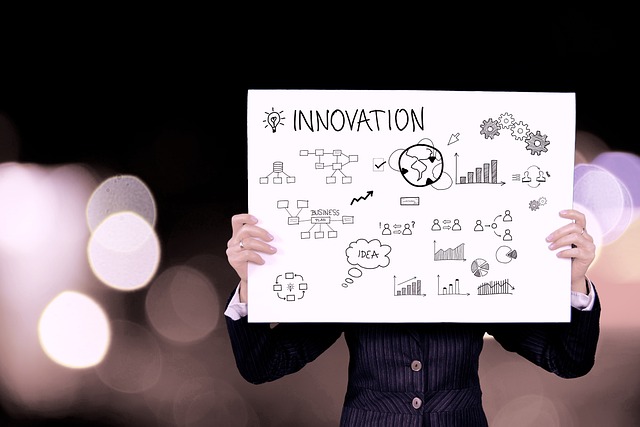
Improving Your Relationship: A Guide to Self-Assessment and Conflict Resolution
Every relationship has its ups and downs, and navigating through these peaks and valleys can be challenging. Whether you’re in the early stages of love or are deep into a long-term commitment, improving your relationship requires continuous effort and understanding. One of the most powerful tools you can utilize in this journey is relationship self-assessment.
Relationship self-assessment is a reflective practice that helps individuals evaluate their feelings, behaviors, and the dynamics of their partnership. It encourages open dialogue and introspection, allowing both partners to understand what they truly want from the relationship and how they can contribute to its success. Begin by asking yourself a series of questions: Are you truly happy? Do you feel valued and respected? What areas could use improvement?
Using this self-assessment can lead to profound revelations. Perhaps you’ve noticed patterns of communication that are less than healthy, or maybe you’ve realized that you tend to withdraw during conflict instead of addressing issues head-on. Whatever your findings, it’s crucial to communicate them with your partner. Open-hearted conversations foster connection and trust, laying the groundwork for better conflict resolution strategies.
Conflict is inevitable in any relationship, but how you handle it makes all the difference. When you consciously engage in relationship self-assessment, you’re better equipped to approach conflicts with a mindset geared towards understanding rather than winning. This involves active listening, validating your partner’s feelings, and avoiding the blame game. Instead of hurling accusations, strive to express your feelings using I” statements. For instance, say “I feel ignored when you don’t acknowledge my efforts,” rather than “You never appreciate me.”
Another vital aspect of conflict resolution is recognizing the importance of timing. Sometimes, a heated argument can escalate further if addressed immediately. Taking a break can provide both partners with time to cool off and reflect on their feelings. This is where self-assessment plays a significant role—you might realize that what triggers you isn’t the argument itself but something deeper that needs addressing. Once you both are ready, return to the conversation with a clearer mind and a more comprehensive understanding of each other’s perspectives.
Engaging in regular relationship self-assessment doesn’t just enhance your communication skills; it builds emotional intelligence within the partnership. This intelligence allows you to recognize not just your emotions but also those of your partner, fostering empathy and creating a solid support system. Checking in with each other can become a regular habit, allowing both of you to stay attuned to any changes in your needs or feelings.
Moreover, consider introducing structured formats for these assessments. For instance, you could set aside time each month to reflect on your relationship—what’s going well, what could improve, and how you’re feeling overall. This dedicated space for discussion allows for progress tracking and provides a sense of accountability for both partners. It also reinforces that improving your relationship is a joint effort, promoting teamwork rather than individualism.
Finally, remember that a healthy relationship does not mean the absence of conflict, but rather the ability to navigate through it together. Relationship self-assessment equips you with the tools to do just that. When both partners are committed to understanding and evolving, conflicts can become opportunities for growth, strengthening your bond rather than threatening it. By embracing this process, you’ll find that not only can your relationship thrive, but so can your individual selves within it.


